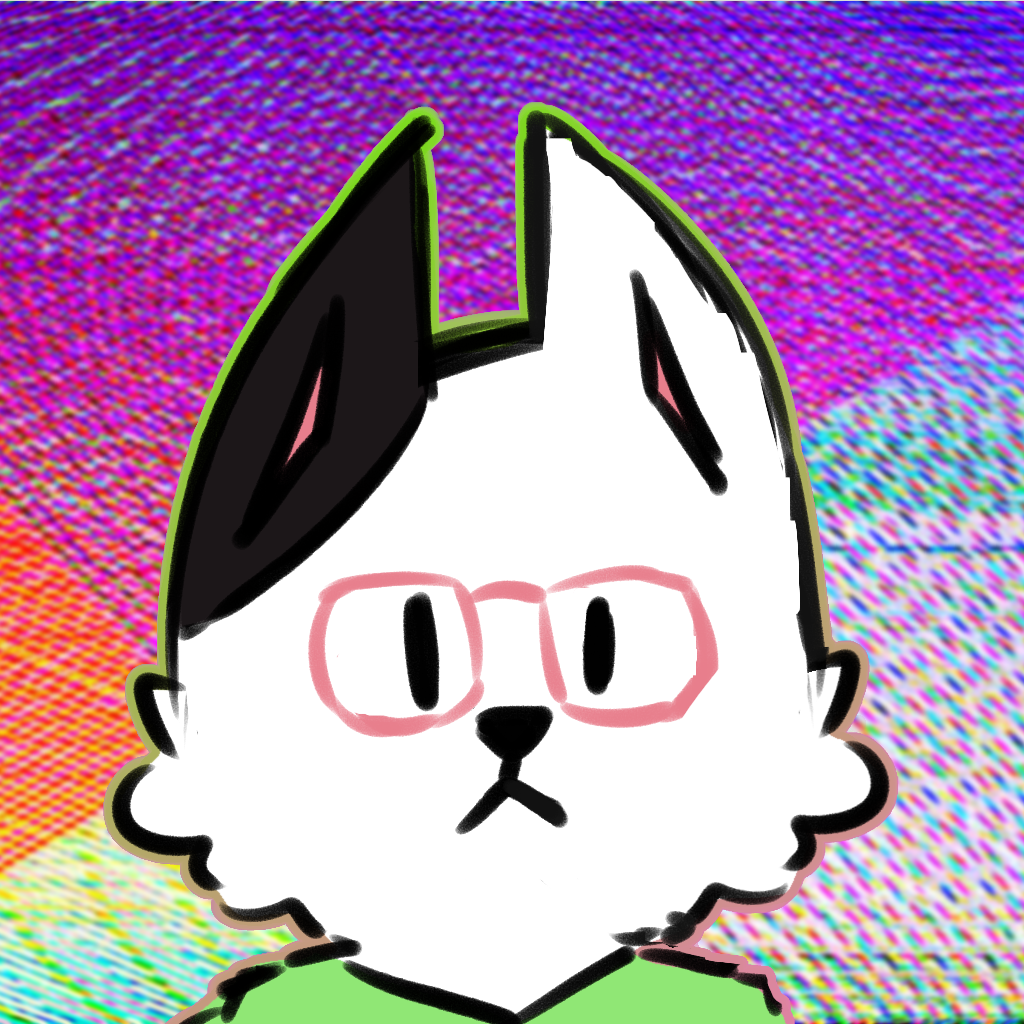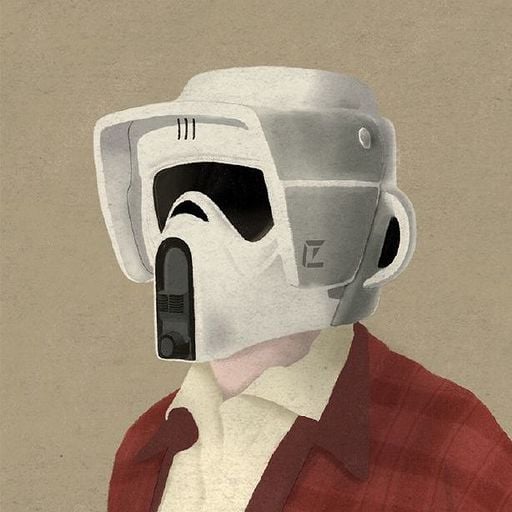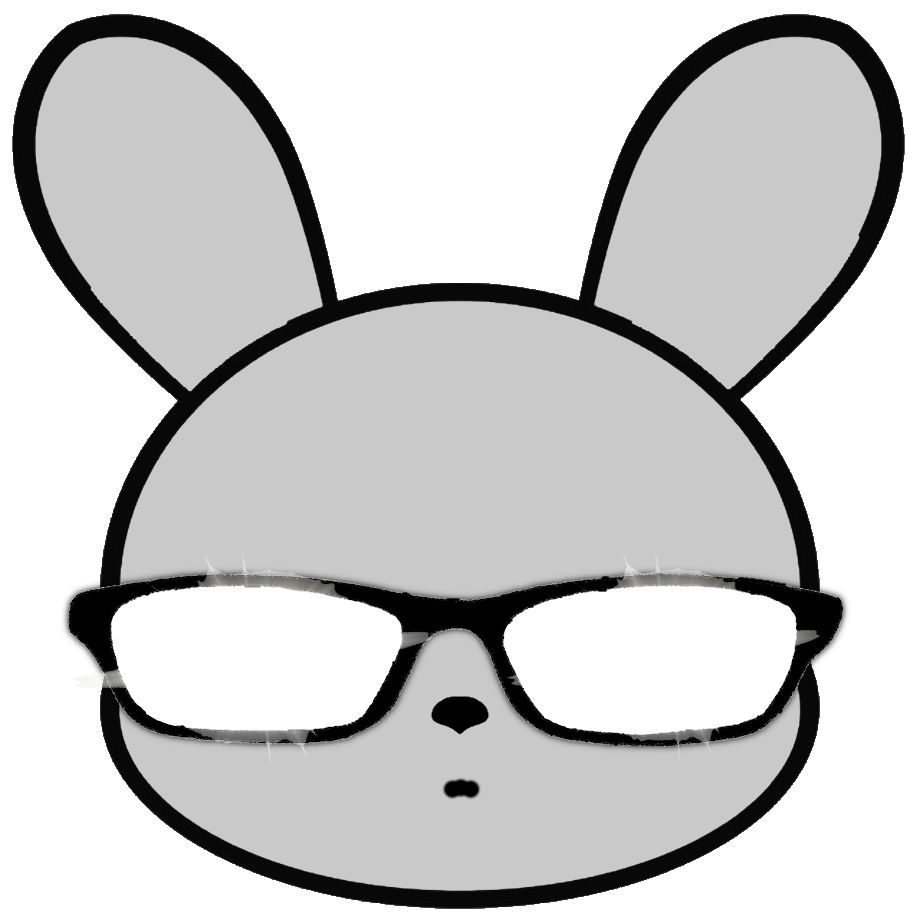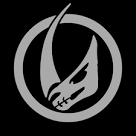Well… help yourself.
Just buy the two book “What They Teach You at Harvard Business School” & “What They Don’t Teach You at Harvard Business School” and that should cover the entire fucking universe.
I’m pretty sure the 2nd title is disproportionately large.
Infinitely so
The book actually grows in size every day, a great read for the rest of time!
According to Ben Rich, 2/3 HBS = BS
Someone once tried to achieve enlightenment with just the second book, but it turns out the familial relationship between the soul and the mind is covered in an elective course.
Everything is either a potato or not a potato
what about potato superposition
Just measure it’s potatoness, should fix it for bit.
“How to Make a Fortune: Selling Fortune-Making Guide Books to Rubes” - Griff T. Runner
“How to sell tat to wankers” - Donald J Trump
Hey, that’s the same person who sold me a bridge!
Information is not truth.
The point of a teacher is to challenge the student. We become wiser by putting knowledge to the test, not by merely ingesting information. There is as much misinformation as there is true information, if not more. That is why learning is only complete once the misinformation is separated from the true information. And the only way to do that is to experience the information in the context of the real world.
This is just as true for machine learning/AI BTW.
Interestingly, each and every title portrayed here is, individually a lie, and collectively probably more accurate. Because the truth is usually much more nuanced and complicated than can be distilled into a short book title. But you won’t get that by reading a single book or author. And while reading multiple authors is closer to getting to the truth, the real truth is found when you put the books in context with your own experiences and reality.
That’s not an excuse for climate denial though. A teacher will rightfully tell you your world view is too small to experience climate change.
“How to Cope with Having a Flat Butt”
I get the joke, and certainly not all self-help books are good, but also people are unique and at different places in their lives. With just a little introspection one can probably tell which book would be better for them. Maybe they say yes too much and would benefit from learning how and when to say no; or they say no to everything and would benefit from learning to embrace new experiences.
Or, you know, pick one up and thumb through a few pages.
I found one book that actually helped me.
“Discover What You Are Best At” by Linda Gail.
It’s six self tests you can knock off in half a day, then a list of the jobs that use the skills you already have.
I always thought I just hated working, then I found a job where I felt useful and productive.
When you can wake up on a rainy Monday and not hate going to work, you’ve solved most of your problems.
There’s one in the middle you can’t see that says “Moderation In All Things”
Quick reminder: anything can be turned into a book, anyone can write one. There’s no regulating body, authority or even peer pressure overlooking the veracity of what’s written.
Your weird uncle can write a self help book based on a random dream he had.
You might have heard teacher complaining about Wikipedia as a source… books aren’t different, you need a lot of supplemental research to use a book as a source after you verify it’s valid as one.
Yea I spent an hour reading about a 10$ diet study book before I bought it for this exact reason.
sometimes the research you are able do yourself is not enough because of hype. the hype alone can trigger “scientific studies” that get approved just because they are about a visible topic and the results get cherry-picked by “journalists” creating a false sense of consensus to everyone who didn’t spend their life studying the topic in detail.
see books like 80/20 running (based on a “study” done by the author on members of a single running club with n<=5 participants per group) or baby led weaning (based on the ability of the author to bullshit parents with baby brain) that created whole movements behind them and claimed to be based on strict scientific research.
sometimes even researchers themselves can get swiped away by the collective delusion (hype) even in otherwise very rigorous fields (e.g. string theory in physics or all the “AI” research going on right now).
the only way to be sure that what you are learning is right is if it can show past results. someone (many someones) took the risk before you and went with it. and they came up with predictions that panned out and applications that were useful and are well known.
you can be adventurous and try new promising things, but be aware of what you are doing, why and what the cost and consequences are.
Scientific studies and journalists are opposites, why would you trust a journalist with information? All they have is opinions and they’re not better than mine.
Hmm I should make a book titled “everything in moderation”. It’ll be 500 pages long, and take every single self improvement be-all-end-all solution to whatever problem, and tell you “no, there is no single solution that magically solves every complex issues”. Nothing fancier, just that, over and over, for hundreds of pages.
A book called 'Everything in Moderation being 500 pages is ironically hilarious.
You should do in first chapter a summary of the yes book and the no book, and give the reader a way to keep the tally.
2md chapter same thing with next topic, and so on.
Readers will be 2x as powerful per chapter compared to any single book.
I love Christmas and Halloween, but International Naked in the Library Day is my favourite.
Tuesday?
You betchah. See you next Tuesday.
When you haven’t seen the sun in so long you start to glow.
That’s what I did. Eventually I just became the sun.
Are ya winning, sun?
Sounds like it’s all about selling books. Be sure to Like and Subscribe!
And turn on the bell!
I mean you need to know what your problem is before you cna get help for it. Sometimes finding the problem is harder than finding the solution tho.
Brilliant idea – I’m gonna write a book the helps people figure out which self-help book they need!
The Power of The Power
Is there a Power of I Don’t Know or a Power of Can You Repeat the Question?
I guess capitalism does offer choice?
/s
On lemmy the answer to everything is “capitalism bad”.
And that’s non-ironically correct, yes.
you’re joking, but “choice paralysis” is a real thing and actually makes people feel worse about their choices than if they had fewer options to choose from
https://youtu.be/VO6XEQIsCoM yes it’s a ted talk, but from back before they turned to shit
“If Books Could Kill” vibes.



